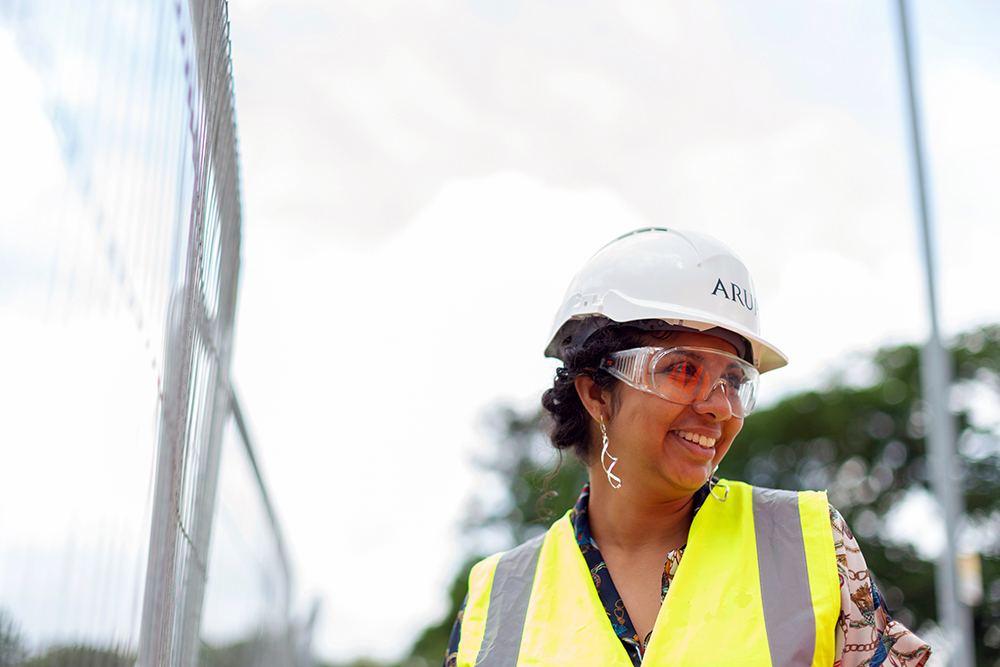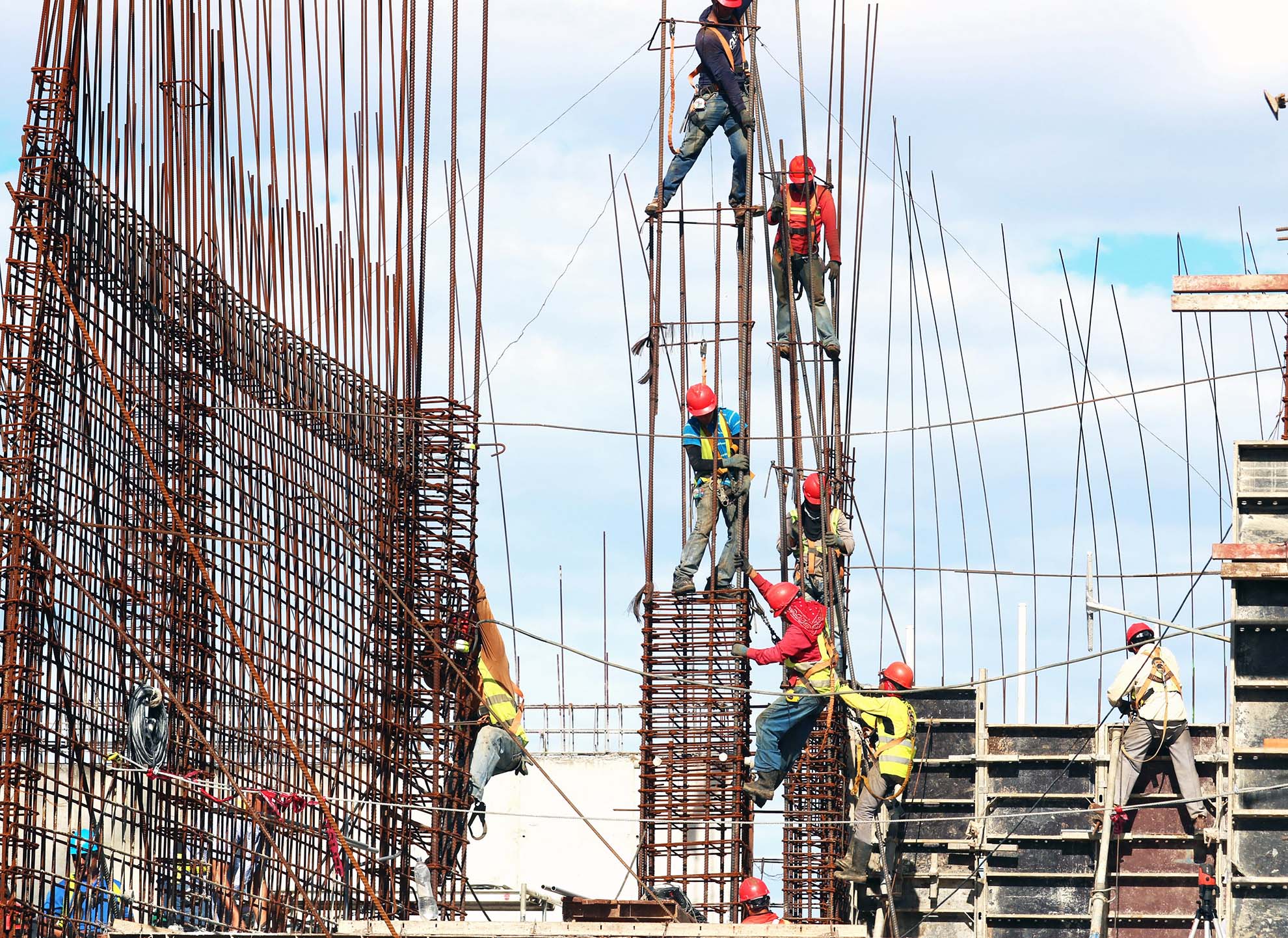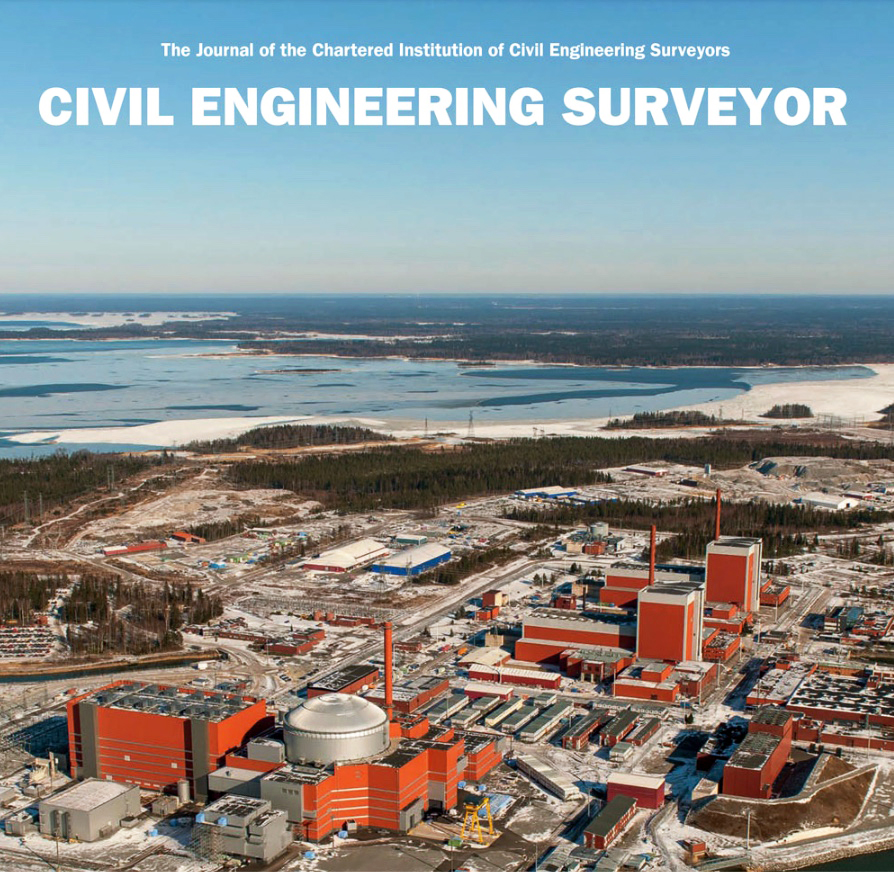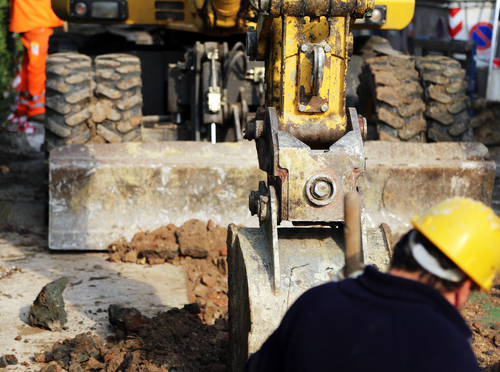Geospatial Engineering
Geospatial engineering is an important part of civil engineering construction projects. Before construction work starts, precise mapping and planning is a critical part of the project process.
Responsibilities – Geospatial engineers can be responsible for:
Specialisms – You may specialise in any of the following areas:
- Computer-based measuring to map the best position
- Producing up to date plans
- Setting out a site so that structures are built to scale in the right place
- Monitoring the construction process
- Providing control points so the future movement of structures, such as dams or bridges, can be monitored
Specialisms – You may specialise in any of the following areas:
- Land/Engineering surveying (preparing maps and plans to ensure that construction takes place to the dimensions and tolerances required)
- Hydrospatial (measuring and mapping all parts of the earth’s surface that are covered by water)
- Photogrammetry and remote sensing (producing an area plan from photographic images and using electromagnetic energy to obtain information about objects without touching them)
- Geographic Information Systems – GIS (collecting and presenting geographical information)
- Geospatial Information Management
- Utilities and Subsurface Mapping (the measurement, definition and portrayal of the characteristics of buried services)
Thousands raised for charity at CICES 2025 Annual Dinner
A total of £3,765 was raised for charity during the CICES annual dinner, which was held at Cutlers’ Hall on 26 September.
CICES appoints former teacher as education outreach manager to strengthen industry ties
CICES has appointed qualified teacher Rachel Hames to the role of education outreach manager; a newly created role designed to expand the institution’s engagement with the education sector.
CICES appoints leading quantity surveyor as its youngest ever president
Meet your CICES president for 2025-26, Turner & Townsend associate director, Alexandra Pearsall.
Building a stronger profession: insights from women driving change in the sector
Joint Q&A blog featuring expert women in civil engineering surveying to address the future of the sector they hope to see...International Women in Engineering Day 2025
Hear from our members what being a woman in engineering means to them...Volunteers' Week - A thank you + how you can get involved
Highlighting contributions of members + covering ways you can get involved.






































